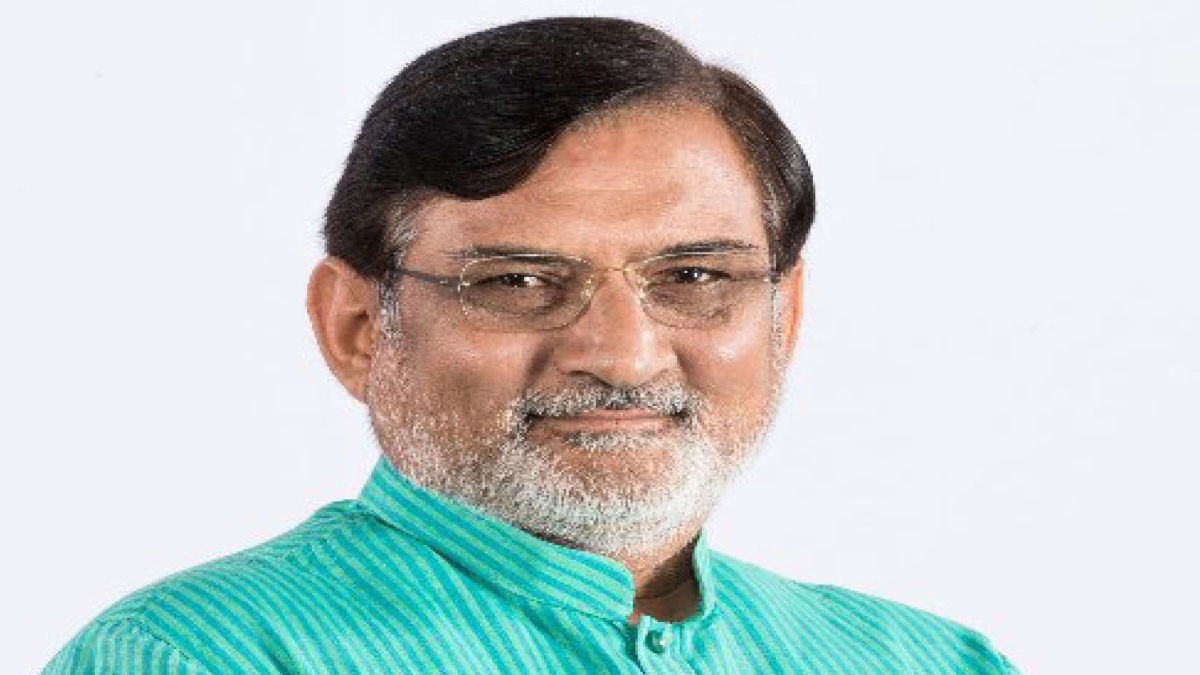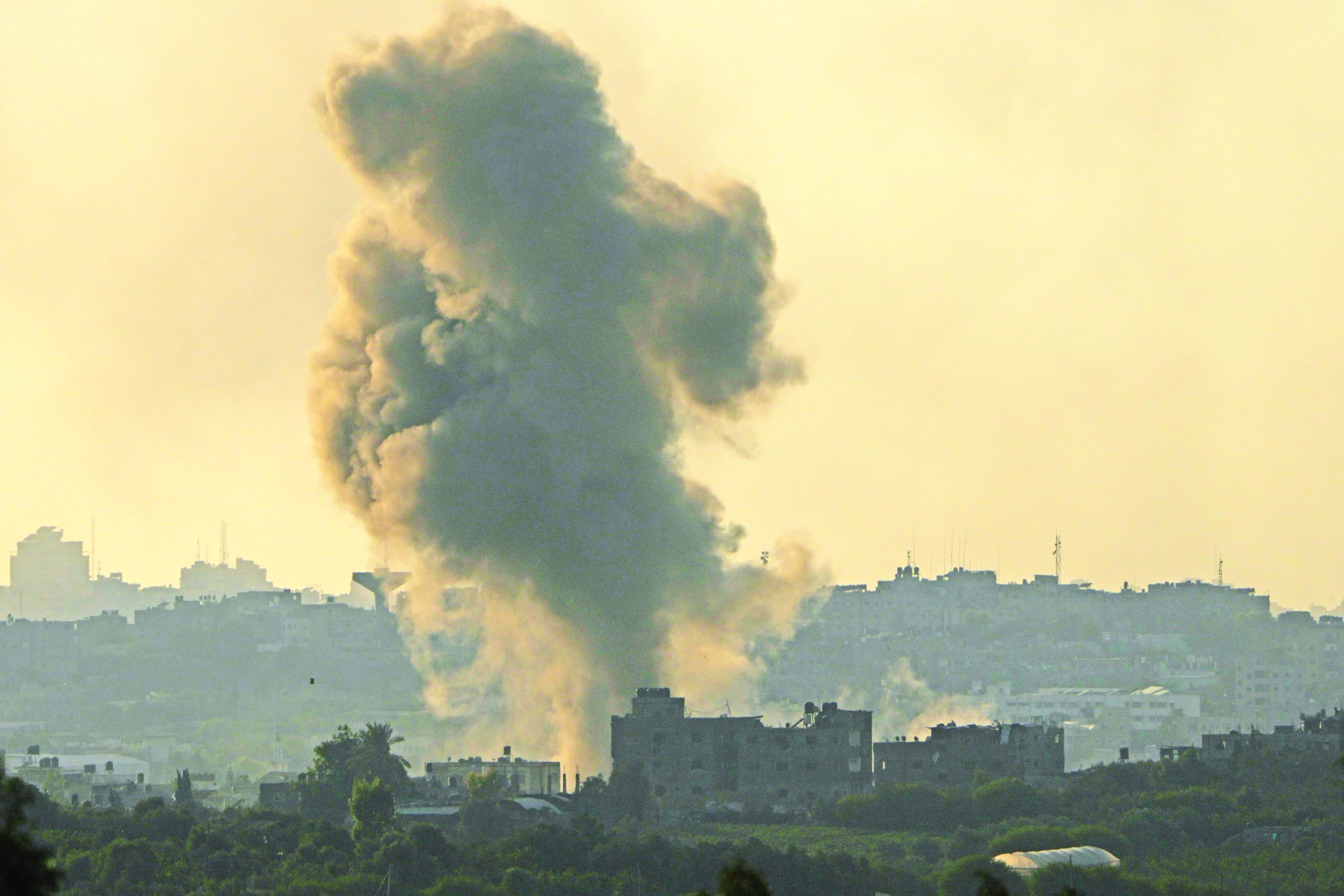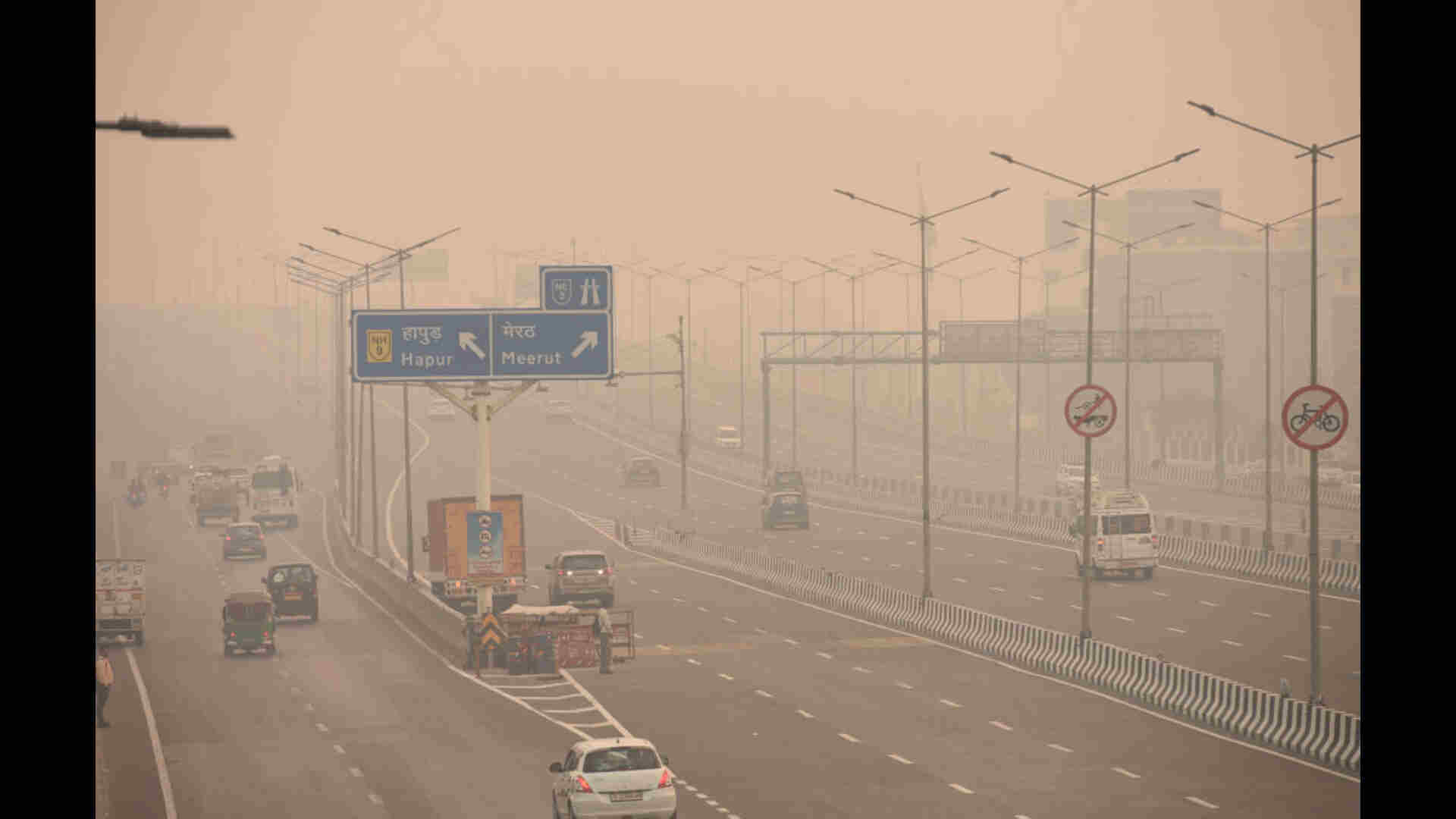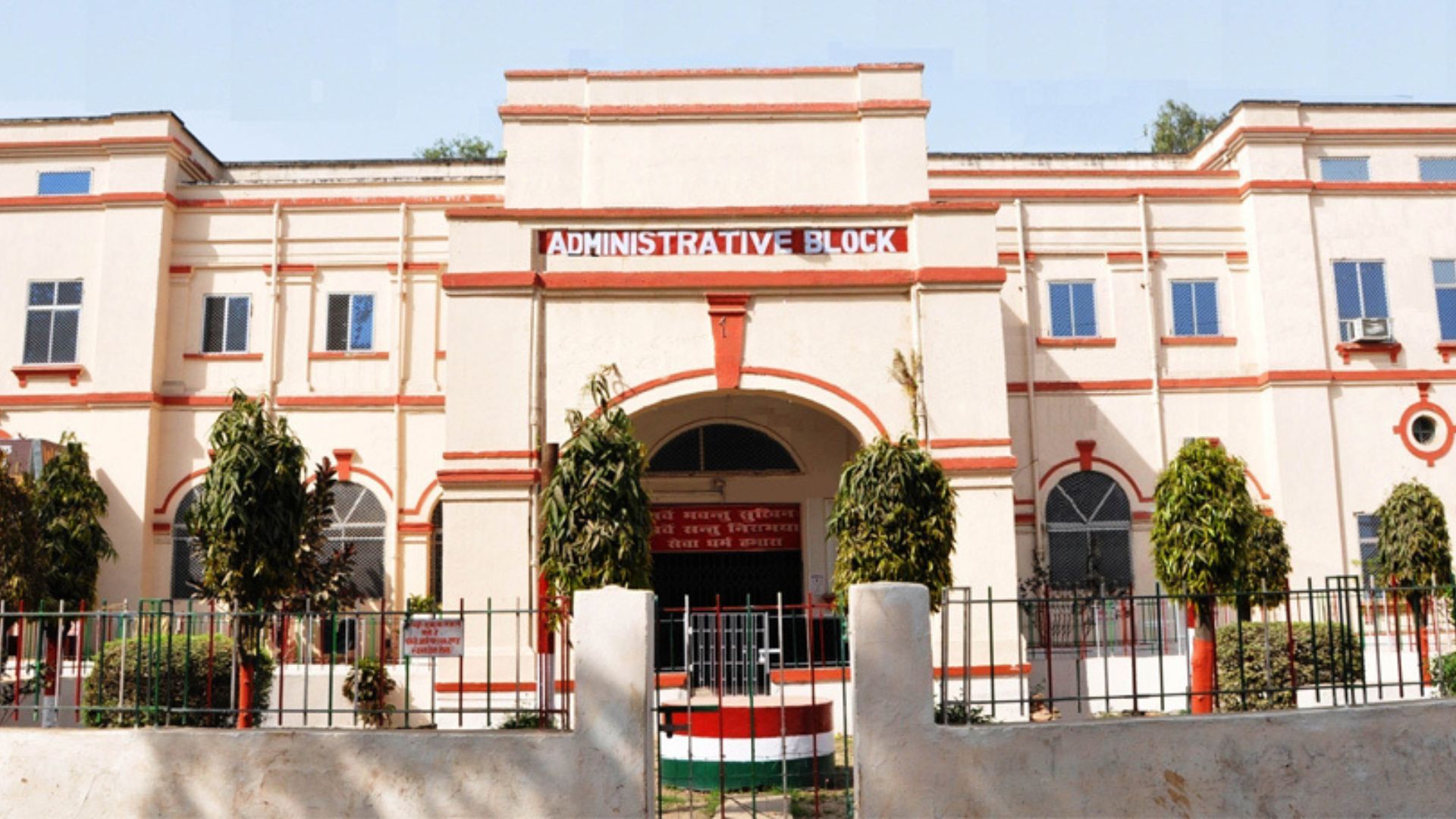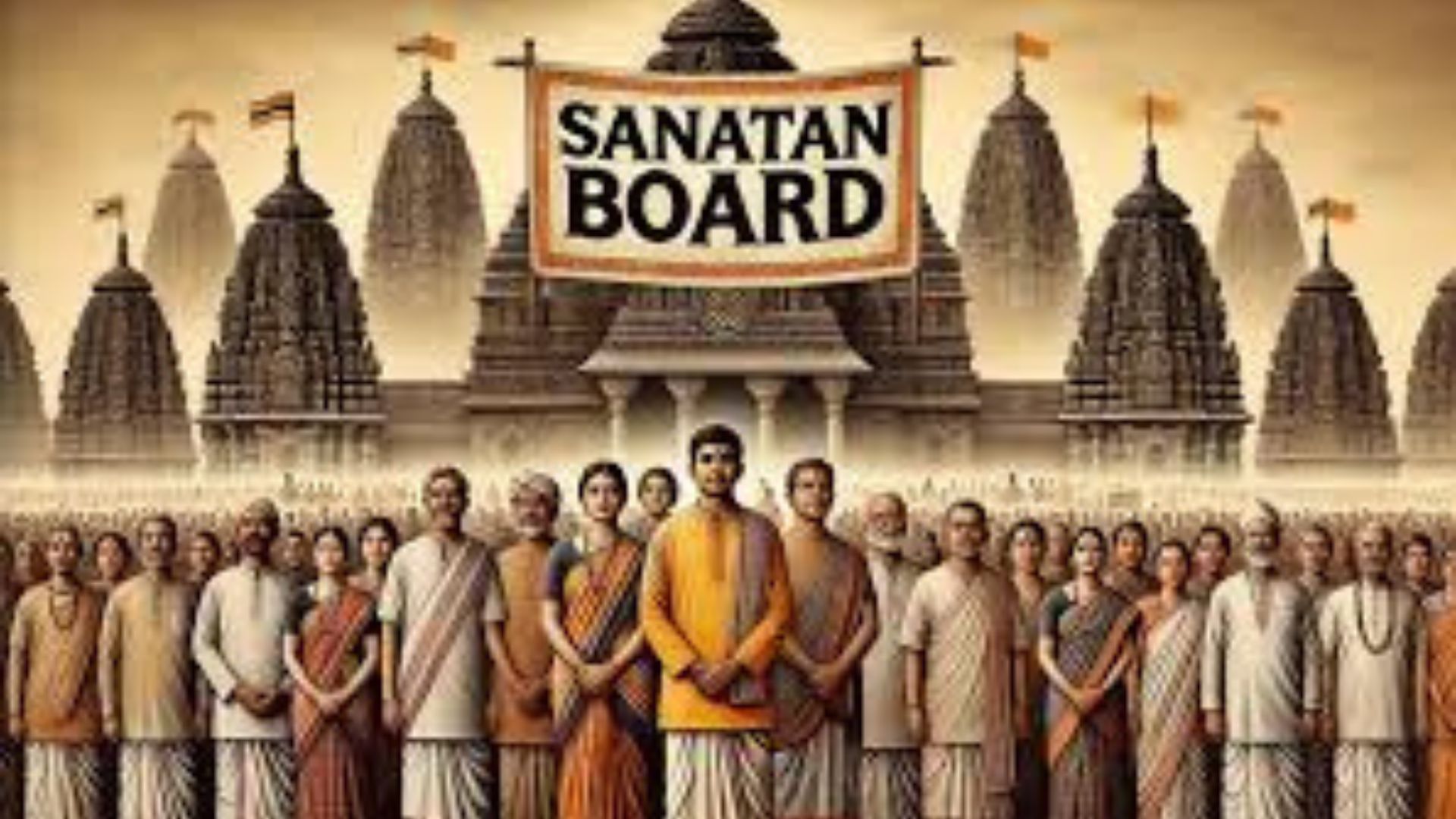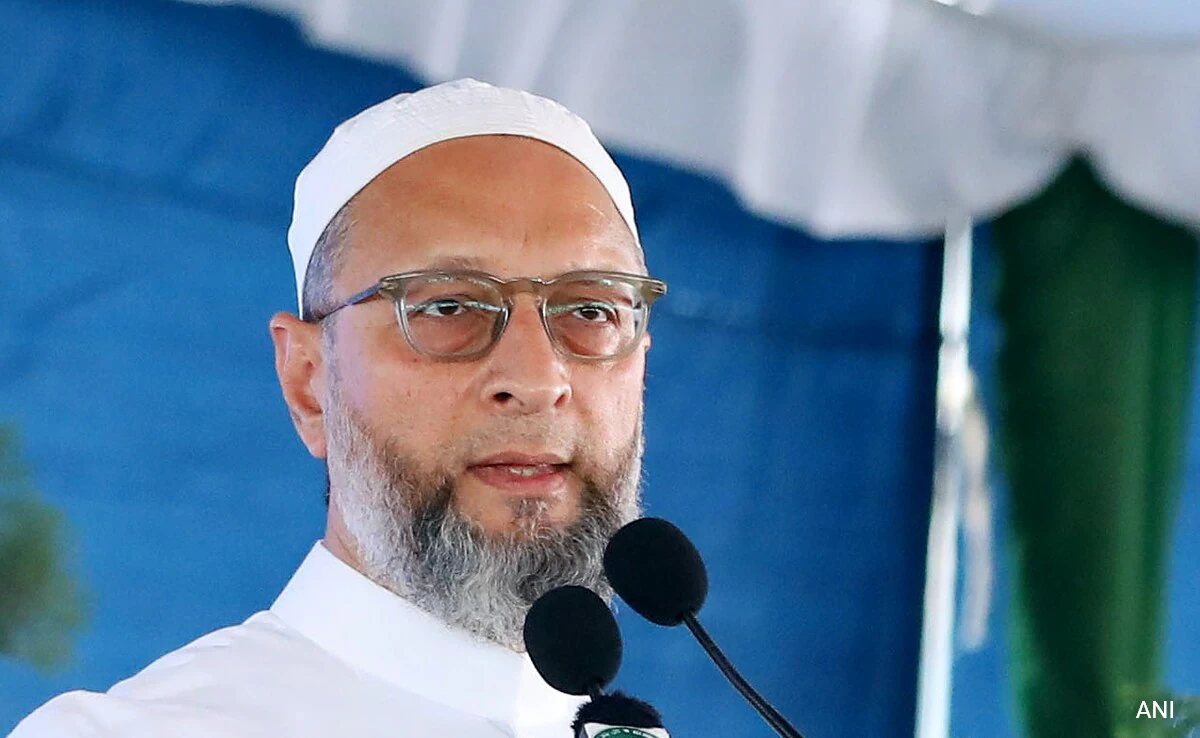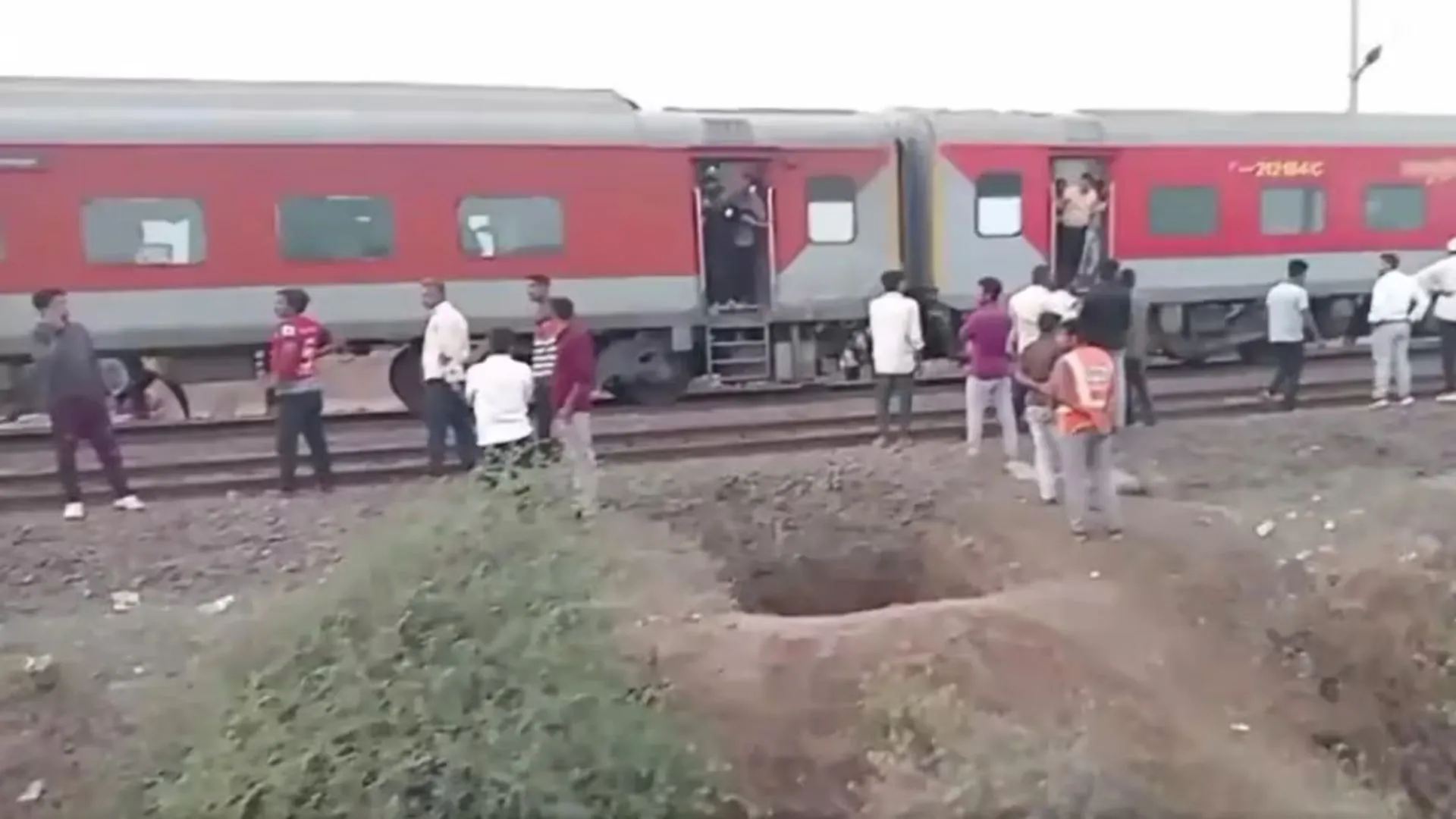Over the last few weeks, protests by Opposition parties have been developing across several states, including on social media, against the proposed legislative changes by the administrator of the Union Territory (UT) of Lakshadweep, Praful Khoda Patel. Lakshadweep is an archipelago of 36 islands located in the Arabian Sea, about 220-440 kilometres from Kerala. The islands constitute a single Indian district, which is also a Union Territory. This means that it is governed by the President of India through an appointed administrator under Article 239 of the Indian constitution. Any regulations introduced on the islands require ratification from both the Union Home Ministry and the Union Cabinet. As an indirect Administrating Authority, the Ministry of Home Affairs (MHA) also has the power to veto any plans or regulations introduced.
 Praful Patel, Administrator of Lakshadweep.
Praful Patel, Administrator of Lakshadweep.
Photograph from Twitter
 Development projects on the islands have been opposed by locals. Kavaratti, Lakshadweep.
Development projects on the islands have been opposed by locals. Kavaratti, Lakshadweep.
Photograph from Twitter Photograph by Wikimedia Commons

Recently, many states, most notably the Kerala Assembly, have passed a resolution seeking withdrawal of the new reforms and the removal of Praful Patel as administrator. The Kerala High Court also instructed the administration to release all those who were detained by the administration in connection with the protests against the proposed regulations, on execution of their personal bonds. We delve deeper to find out what these proposed laws really are, their intention, and why people are protesting against them and Praful Patel.
WHO IS PRAFUL PATEL?
Praful Khoda Patel is the current administrator of Lakshadweep and was appointed to the role in December 2020. Traditionally, such positions are held by Indian Administrative Service (IAS) officers. However, Patel is one of the few politically appointed administrators in the history of the union territories. Patel started his political career in Gujarat, where he won from Himatnagar constituency during the 2007 Gujarat state assembly elections. While Prime Minister Narendra Modi was the Chief Minister of the state, Patel was appointed as the MoS Home Minister of Guajarat in August 2010 and is known to be a close aide to our current Prime Minister. After the election of Narendra Modi as Prime Minister in 2014, he appointed Patel as the Administrator of Daman and Diu in 2016, and shortly after as the Administrator of Dadra and Nagar Haveli.
During his administrative career, Patel has been entangled in several controversies due to his policies. During the 2019 Lok Sabha elections, the Election Commission of India (ECI) issued a notice to Patel stating that his actions violated provisions under the Representation of the People Act of 1951. A few weeks prior to the election, the ECI reprimanded Patel for issuing “coercive” requests to Kannan Gopinathan, the collector for Dadra and Nagar Haveli, who was also responsible for overseeing the election results. Election Commission officials state that Praful Patel called election officers to issue direct instructions to them.
Patel was also caught up in a controversy about clearing indigenous lands in Daman and Diu in 2019. Adivasi fishing communities, who have lived in Daman and Diu for generations, have claimed valuable seafront land along the 700 metre stretch from Moti Daman Lighthouse to Jampore beach. In December 2018, local residents received official-looking documents purportedly following the orders of Patel ordering the confiscation of the land and demolition of homes along the coast to make way for the development of the coastline. In November 2019, Rakesh Minhas oversaw the bulldozing of around 90 homes that were allegedly illegally constructed. Following this, protests erupted in Daman and Diu, leading to the imposition of Section 144 banning peaceful assembly and the arrest and detention of 80 protesters. As of March 2021, the site is The Fern Seaside Luxurious Tent Resort offering tourist accommodation owned by the multinational conglomerate, CG Corp Global.
In addition to this, following the appointment of Patel as the Administrator of Lakshadweep in December 2020, his administration ended the mandatory Covid-19 quarantine rule for those who were entering the territory. Due to this, the islands, which had zero registered cases of Covid-19 till 18 January 2021, had the first batch of 30 cases reported on 20 January. Following this, case overload and the quick spread of the virus led to the announcement of a complete lockdown by the administrators. As of 2 June, there are 8,335 registered cases of Covid-19 on the islands, with an average increase of 165 cases per day.
WHAT ARE THE PROPOSED LAWS AND WHY ARE PEOPLE PROTESTING AGAINST THEM?

Three major laws have been released by the administration of Lakshadweep during the ongoing lockdown – the Prevention of Anti-Social Activities Regulation (PASA), the Animal Preservation Regulation, and the Panchayat Regulation. All three laws are currently being scrutinized by the union home ministry. Another draft law in contemplation is the Lakshadweep Development Authority Regulation 2021, which allows the administrator to acquire any land required for a public purpose.
LAKSHADWEEP ANIMAL PRESERVATION REGULATION, 2021
The Lakshadweep Animal Preservation Regulation, 2021 bans the transport of cattle for slaughter, selling or buying of beef or beef products, granting law enforcement officials powers to enter and inspect premises without a warrant. Those found guilty of slaughtering a cow, calf, bull, or bullock without a certificate can face imprisonment for life not less than 10 years with a maximum fine of INR 5 lakh. The offences are cognisable and non-bailable. The draft law is very similar to laws in place in many states across the country, banning the slaughter, sale, and purchase of beef.
Opposition parties claim that the BJP’s communal politics is behind the decision of the administration to introduce this law. The beef ban and removal of meat from students’ meals are seen by many as communal moves which will hurt Lakshadweep’s predominantly Muslim population.
LAKSHADWEEP PANCHAYAT REGULATION, 2021
The islands of Lakshadweep are mostly agrarian rural areas, and operate in a system of Gram Panchayats or Village (Dweep) Panchayats to serve as local representatives. As part of the new regulations, 50% of the seats in gram panchayats would be reserved for women and those with more than two children would not be allowed to contest panchayat elections (with some exceptions). As per officials, the reason for the two-child regulation is that Lakshadweep’s population density is much higher than the national average, and the move will help develop resources and infrastructure within the “limited landmass” of the islands. Other states, including Rajasthan, Telangana, Andhra Pradesh, Gujarat, Maharashtra, Uttarakhand, and Karnataka have similar laws as well. Several policy experts have pointed out that the policy leads to unsafe and illegal abortions and could also distort the sex ratio in the UT.
Additionally, many also say that the Panchayat Regulation will blatantly reduce the powers of local self-government organizations. Powers of the panchayats in areas such as education, health, fisheries, and animal husbandry have been curtailed and granted to the respective directorates which are under the direct authority of the administrator. This will affect the administrative and financial powers of the panchayats and gram sabhas.
LAKSHADWEEP PREVENTION OF ANTI-SOCIAL ACTIVITIES REGULATION, 2021
Infamously known as the “Goonda Act” in some other states, the Lakshadweep Prevention of Anti-Social Activities Regulation, 2021 allows authorities to detain a person for up to one year to prevent them from “acting in any manner prejudicial to the maintenance of public order”. The act allows for the detention of anyone engaging in or suspected to be engaging in anti-social activities from six months to a year without legal representation. Such laws have been enacted by many state governments, including Tamil Nadu, Uttar Pradesh, Karnataka, and Kerala. Administration officials have said that PASA was necessary to crack down on the smuggling of weapons and narcotics, which is allegedly on the rise in the archipelago.
However, opposition parties have questioned the need to enact the PASA on the islands, given that the UT has one of the lowest crime rates in the country. As per National Crime Records Bureau data, only 186 cases of crime were registered on the islands in 2019 and 89 in 2020. Locals have also expressed fear that the preventive detention law is to prevent any protests on the islands against the administration’s decisions.
LAKSHADWEEP DEVELOPMENT AUTHORITY REGULATION, 2021
The regulation would allow the government to recognize any area which it thinks has a “bad layout or obsolete development” and develop it. It would also allow authorities to relocate people who currently live on the recognised land regardless of the landowner’s will and failure to comply with the same would lead to heavy penalization. As per authorities, the regulation has been designed to speed up the development of the islands and help boost tourism. Tourist infrastructure on the island requires development and there is high unemployment.
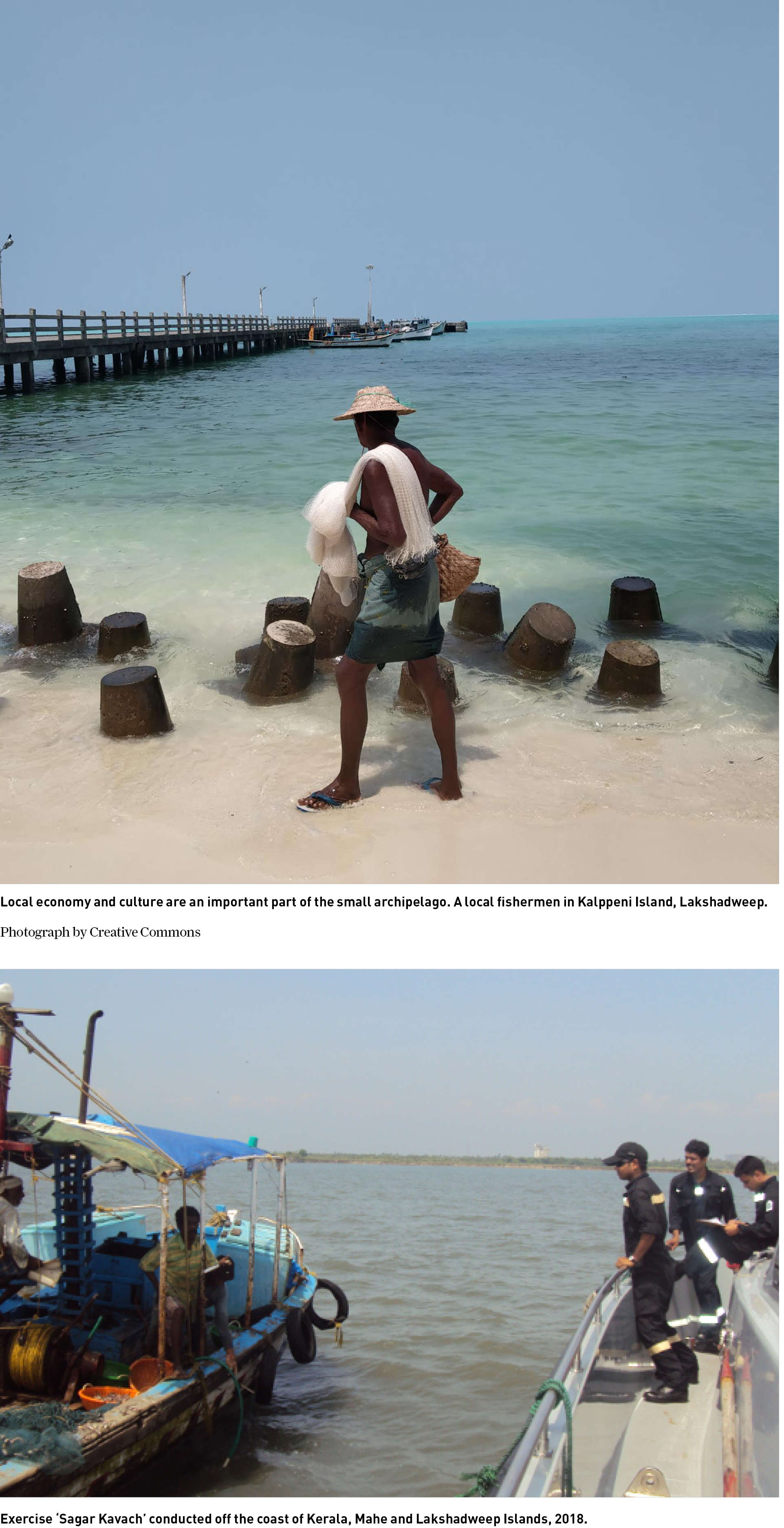
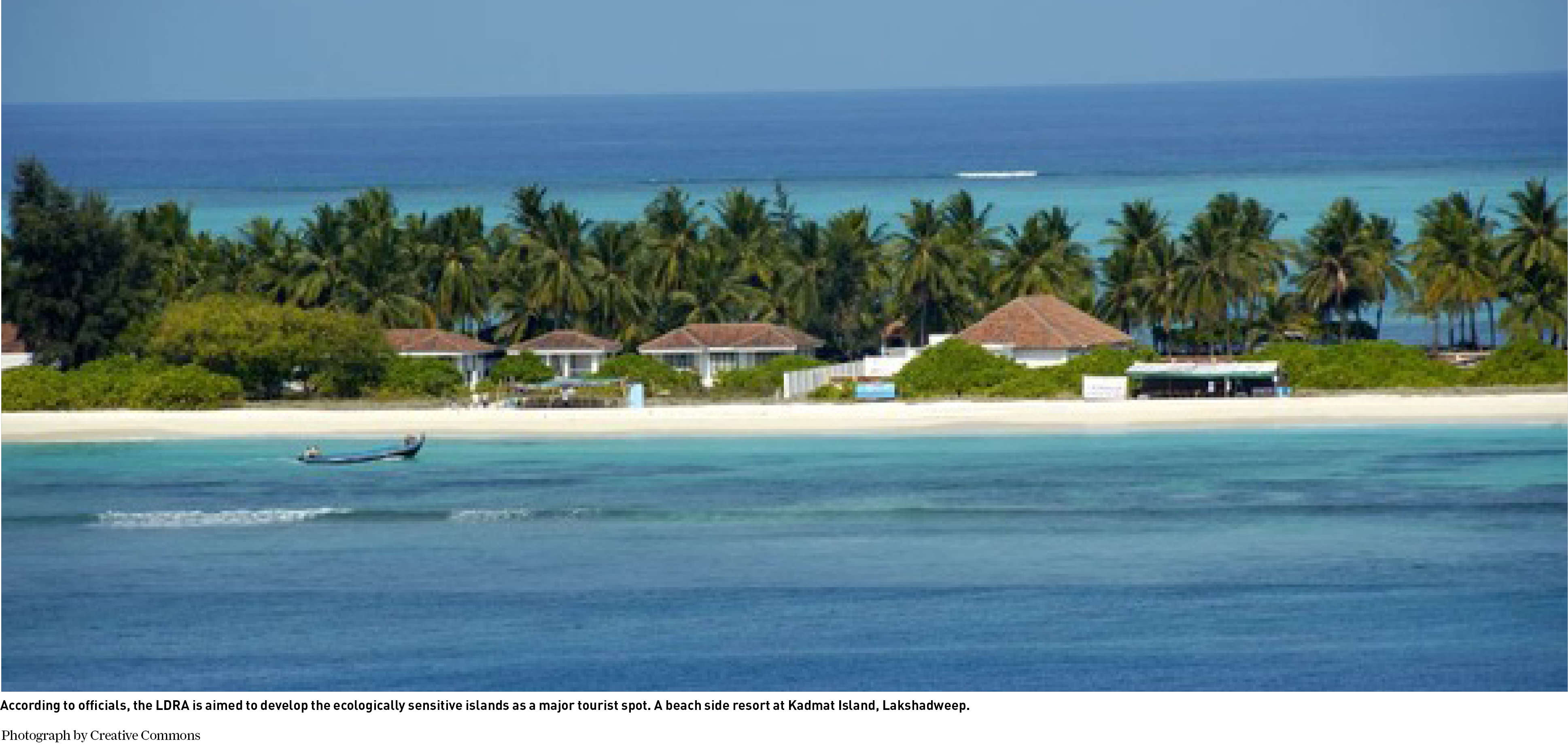
However, local representatives state that the regulation would result in indigenous communities losing ownership of their land. The law would put the power in hands of the administration to take land with or without people’s consent and it would be the administration’s prerogative whether or not compensation needs to be paid. Additionally, many marine experts have also said that such development, if not done carefully, would also cause the “delicate ecology of the island to unravel.”
Despite an ongoing lockdown in most states across the country, protests against the proposed legislation have been growing on social media. Many see the proposed laws as an attempt to centralise power into the hands of Patel and as a threat to the democratic setup of the UT and those living there. Local representatives on the islands have also highlighted that no public consultations were held before the reforms were brought by the Administrator. Only the draft Lakshadweep PASA 2021 was uploaded by the island administration in January 2021 inviting comments and suggestions from the public. The decision to introduce major legislative changes during a lockdown, whereby any discussion or debates cannot be held is being criticized by many. Critics have said the development agenda is being used as a cover to further the vested interests of political parties. While legislation intended to improve security, generate employment and bring about development on the islands are in the best interest of inhabitants, there is also a need to ensure the local population is consulted and protected during the process.
Contributing reports by Damini Mehta, Junior Research Associate at Polstrat and Anushka Dwivedi, Raunaq Sharma, Sehal Jain, Interns at Polstrat.

